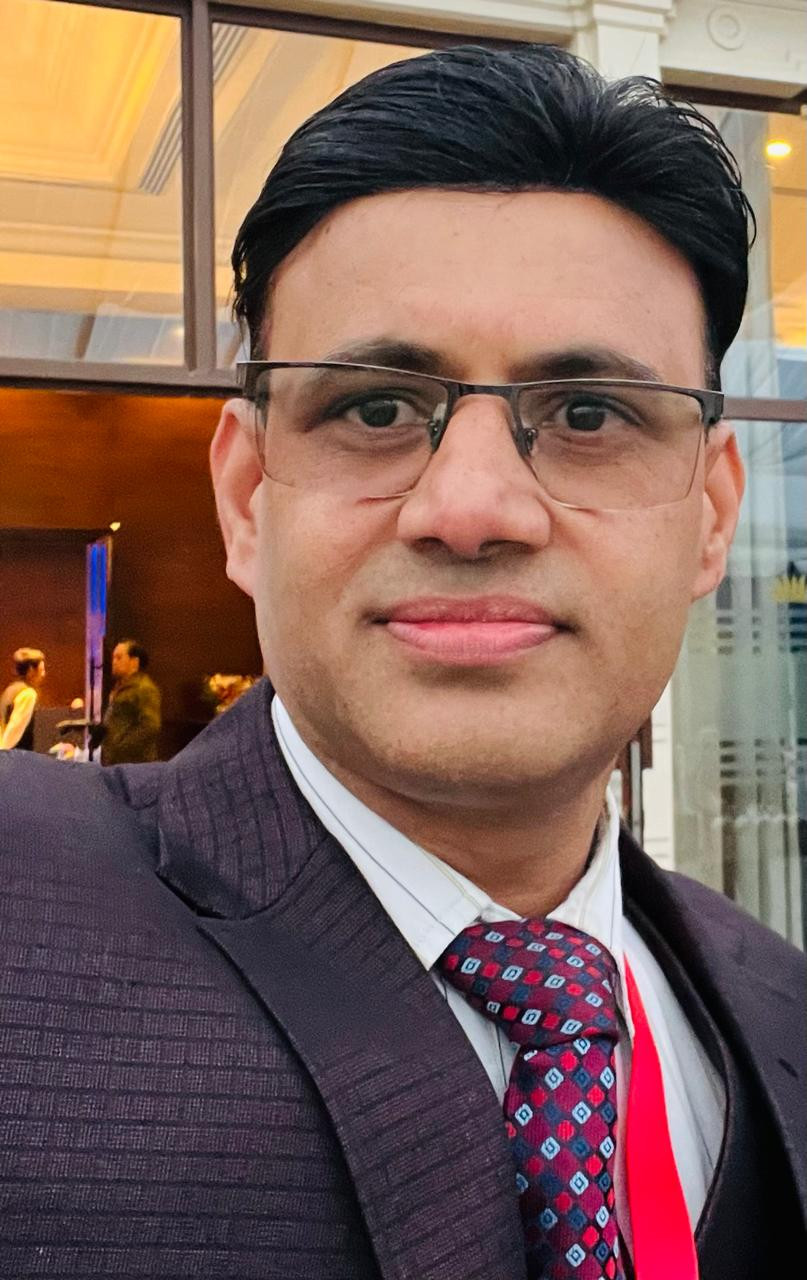.jpg)
New Delhi; The long-term power purchase agreements (PPAs) have been sought as one of the main issues of discussion in South Asia in order to enhance power trade, mutual cooperation and energy development.
The participants of ‘Think Tank Forum Conference’ organized by the South Asia Regional Initiative for Energy Integration (SARI/EI) in New Delhi, India, on Wednesday (14th sep.), raised the concerns on the importance of carrying out the long term PPA. Experts from countries like Nepal, India, Bhutan, Bangladesh and Sri Lanka, among others, participated in the two-day meet. They stressed on the need for strong interconnectivity to minimize the problem of climate change for development of green energy.

Similarly, development of an integrated regional grid has been emphasized for the qualitative electricity supply. Experts also underscored the importance of adopting long-term trade strategies along with involving in short-term (day-ahead) markets for an expansion of regional trade.
Speaking at the conference, Nepalese Ambassador to India Dr. Shankar Prasad Sharma said the focus should be made now on how to expand dimensions of power trade via long-term PPA. “If we adopt integrated policies, we can look at mitigating problems related to electricity supply and issues of climate change,” he said.

Giving an example of the cross-border trade, Sharma said Nepal, which has been purchasing electricity from India since long time ago, has now started exporting its surplus electricity to India. Likewise, Bhutan, for years, has been exporting energy.
Sharma said at a time when Bangladesh has also stepped forward to purchase renewable energy from Nepal, this matter should be taken to regional discussion. He said the trilateral talks among Nepal, India and Bangladesh could find a way out of this problem. Meanwhile, Bangladesh has expressed its concern to build 536 MW Sunkoshi-3 Multipurpose Project.
Pankaj Batra, project director of SARI/EI, said the initiative should be taken to work on how every country could benefit out of the sustainable and reliable electricity supply. “As we have bilateral agreements and other necessary provisions including a Directive Related to the Cross Border Electricity Trade are in place, we should now focus on implementing properly these components,” he said. “Likewise, the concerns raised on long-term PPA should be solved successively.”
Dr. Jyoti Parikh, executive director of Integrated Research and Action for Development (IRADe), said it should be given pace at a time when the regional and cross-border electricity trade has moved forward. “The inference extracted from the research conducted by IRADe has to be taken for practical implementation,” she said.
The Mission Director of US Agency for International Development (USAID) Veena Reddy said the relevance of regional and cross-border electricity trade should be connected with the issues of climate change.
In the first session of the conference, John Smith, director of the Indo-Pacific Office of the USAID; Dr. Greece Chandra Tripathi, deputy director general of NTPC School of Business; Bangladesh’s expert Narul Huda; Sri Lanka’s Metrology Expert Dr. Thusitha Sugathapala and Hemantha Samarakun, additional secretary of the Ministry of Energy of Sri Lanka also pointed out that access to advanced energy source, climate change, regional trade and interconnectivity are among the common agendas now, so an integrated consensus should be developed.
The second session discussed over a research on optimum use of hydropower. Sher Singh Bhat, former deputy managing director of Nepal Electricity Authority, presented a working paper. He underlined that the long-term PPA system is the only alternative to promote regional and cross-border electricity trade. “As the currently used Day-Ahead-Market is also a short-term market, we need to look for a long-term PPA in order to make the regional market sustainable as well as to ensure energy safety.
.jpg)
Bhat added that there is a need for cooperation in construction of high capacity transmission lines and big multifaceted hydropower projects while developing the regional market.
Dilli Prd. Ghimire, managing director of Nepal Energy Foundation, said hydroelectricity development has connected development of local bodies to central level, positioned citizens as main beneficiaries and improved the lives of people. Nepal could be the focal point of green energy development in South Asia, according to Ghimire.
Talking in the second session, Energy Expert of Bhutan Dorji Pabho Phuntsok said Bhutan has been generating hydroelectricity in a joint effort with India and the country has targeted to extend the supply to the regional level.
Ashish Garg, vice-president of Independent Power Producers’ Association, Nepal (IPPAN), said the private sector is willing to connect in the cross-border energy trade, despite the fact that hydroelectricity development faces a number of problems.
The third session of the mega event held an interaction on the role of media in disseminating information at the community level. The session chaired by Chief Executive Office of India Infrastructure Publishing Alok K. Brara, while journalist from Time of India Saibal Dasgupta, from Nepal Laxman Biyogi Editor of Urja Khabar, Bhutanese journalist Tshiring Dorji, Program Director of Sri Lanka’s Sylicon Trust Kabindu Ediribira and Bangladesh’s journalist Khawaj Uddin shared their experiences of their country concerned.
The journalists stressed on a need to link various dimensions of cross-border power trade with construction of the transmission lines and problems of local people. It connects geopolitical, geotechnical and diplomatic agendas along with promoting people-to-people connections, the journalists said.

Laxman Biyogi has been serving as the editor of Urja Khabar for the past seven years.